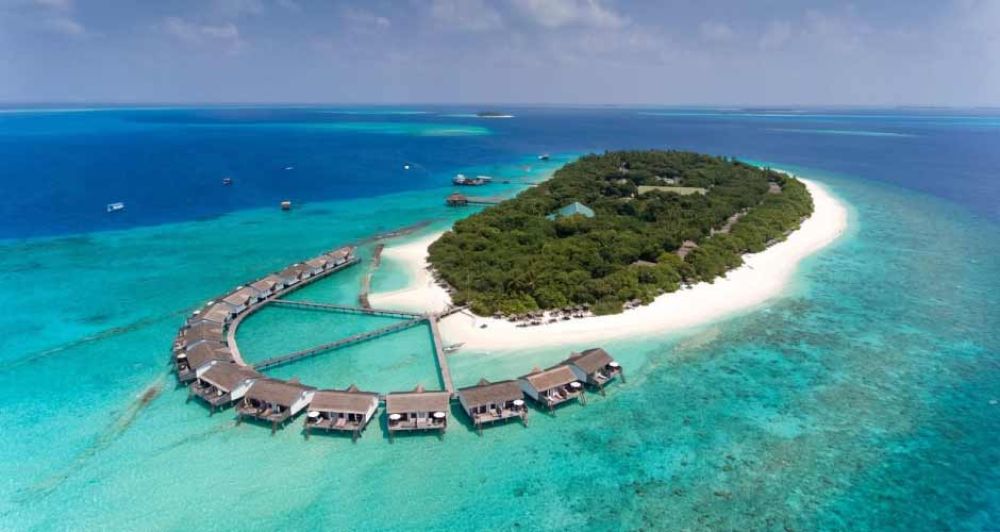

The Maldives, a tropical paradise renowned for its pristine beaches, azure waters, and abundant marine life, has been a luxury tourist destination for decades. At the heart of this island nation's tourism allure is Paradise Island Beach, situated on Paradise Island, famously known for its exquisite beauty and upscale resorts.
The history of tourism in the Maldives dates back to the 1970s when the first group of tourists arrived. However, it was not until the opening of the first resort in 1972 that tourism began to flourish. Located in the North Malé Atoll, which includes Paradise Island, the Maldives quickly became synonymous with exclusive and secluded holidays, catering mainly to those seeking luxury and privacy.
Paradise Island Beach, specifically, emerged as a destination for those drawn by the call of the sun, sea, and sand. The island's development was careful and considered, ensuring minimal impact on the environment while providing opulent facilities and exceptional service that the Maldives is known for.
Throughout the 1980s and 1990s, the Maldivian tourism industry witnessed significant growth. Resort islands, including Paradise Island, expanded their facilities, offering overwater bungalows, underwater dining, and world-class spas. The focus was on creating a serene and luxurious experience for visitors, which became a hallmark for Maldivian tourism.
Advancements in transportation, including the introduction of seaplanes and speedboats, made the islands more accessible, further boosting tourism. Paradise Island Beach, with its stunning coral reefs and exceptional diving opportunities, became particularly popular among those looking for both relaxation and adventure.
In recent years, the Maldives has seen a shift towards more sustainable tourism practices. Paradise Island Beach is at the forefront of this movement, implementing measures to protect the local ecosystem, such as coral rehabilitation programs and reducing single-use plastics.
Innovative tourism trends, such as eco-friendly accommodations, wellness retreats, and localized experiences, have also begun to shape the offerings at Paradise Island Beach. Moreover, the advent of the digital age has led to an increase in visibility for the destination through social media, with influencers showcasing the beauty of Paradise Island to the world.
The COVID-19 pandemic brought unprecedented challenges to the global tourism industry, and the Maldives was no exception. However, with strong health and safety measures in place, Paradise Island Beach was among the first destinations to reopen to tourists. The Maldives' unique geography of scattered islands made it easier to control and monitor the situation, allowing tourism to bounce back more quickly than in many other destinations.
Looking ahead, Paradise Island Beach continues to evolve, focusing on providing a balance between luxury and eco-consciousness. With its commitment to preserving its natural beauty and adapting to the latest tourism trends, Paradise Island, Maldives, is set to remain a top destination for discerning travelers seeking the epitome of a tropical island getaway.